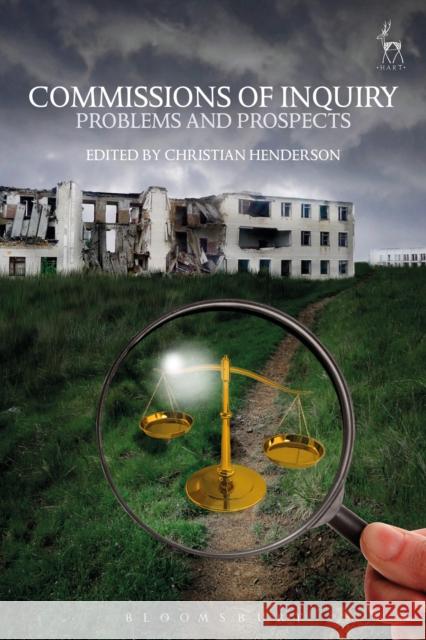Commissions of Inquiry: Problems and Prospects » książka
topmenu
Commissions of Inquiry: Problems and Prospects
ISBN-13: 9781509932207 / Angielski / Miękka / 2019 / 392 str.
Commissions of Inquiry: Problems and Prospects
ISBN-13: 9781509932207 / Angielski / Miękka / 2019 / 392 str.
cena 243,84
(netto: 232,23 VAT: 5%)
Najniższa cena z 30 dni: 217,65
(netto: 232,23 VAT: 5%)
Najniższa cena z 30 dni: 217,65
Termin realizacji zamówienia:
ok. 22 dni roboczych.
ok. 22 dni roboczych.
Darmowa dostawa!
Kategorie:
Kategorie BISAC:
Wydawca:
Hart Publishing
Język:
Angielski
ISBN-13:
9781509932207
Rok wydania:
2019
Ilość stron:
392
Waga:
0.54 kg
Wymiary:
23.39 x 15.6 x 2.06
Oprawa:
Miękka
Wolumenów:
01











